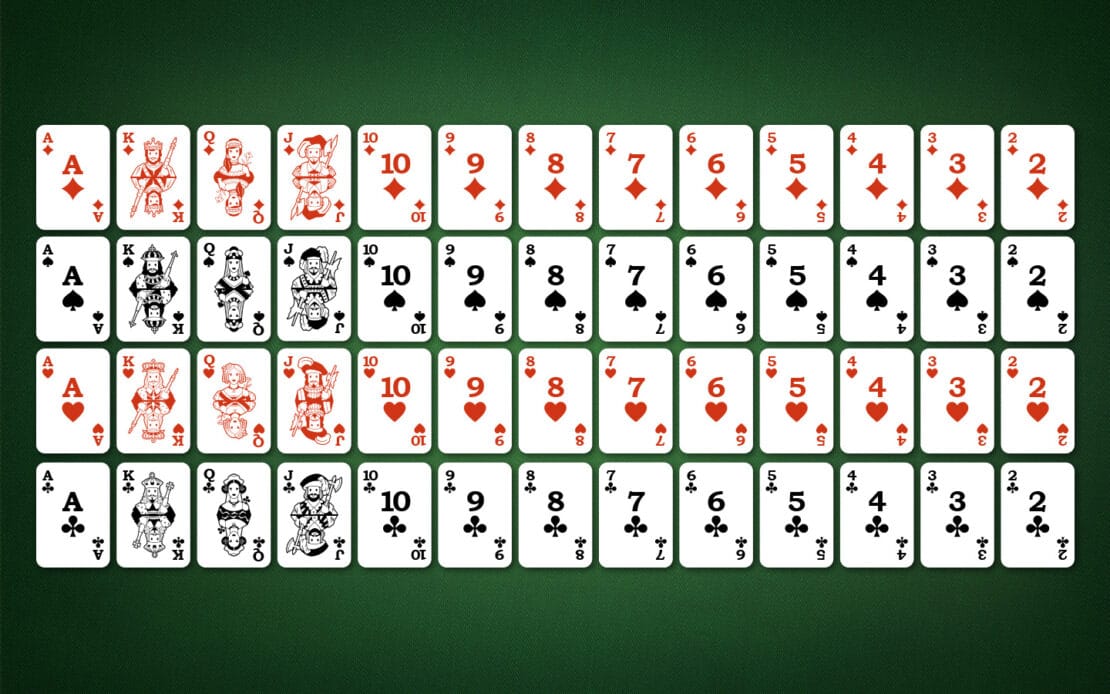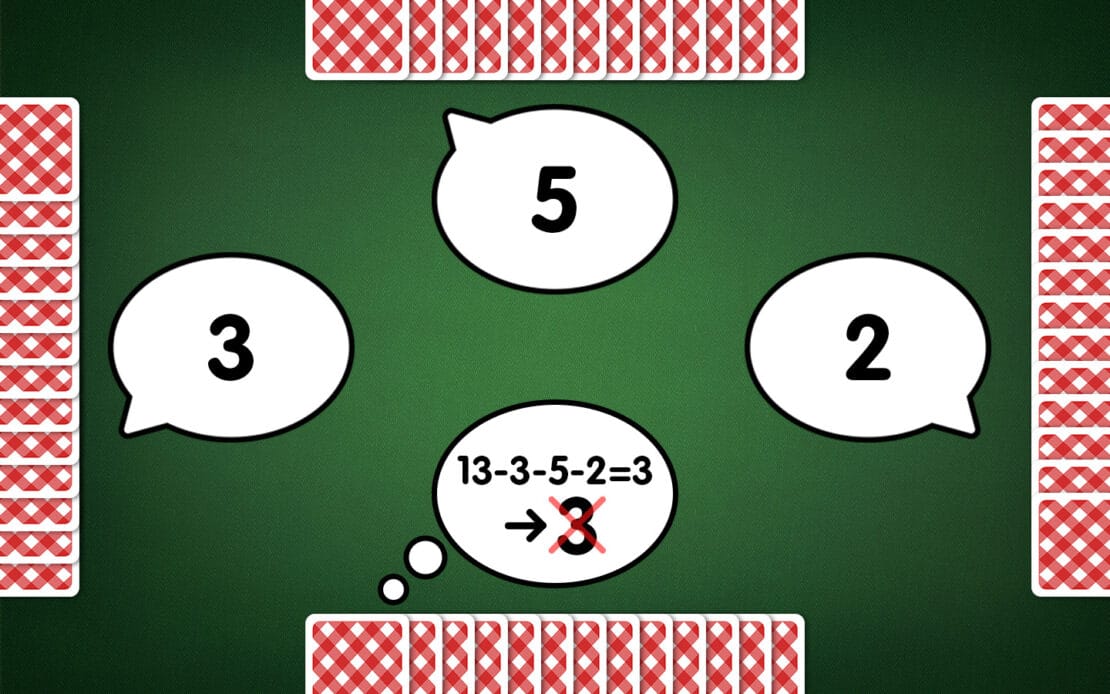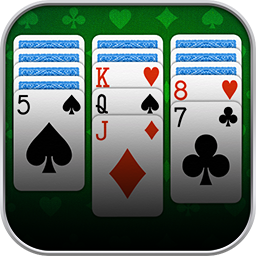
Estimation is a simple trick-taking game where you score points by correctly predicting the number of tricks you will take each round. Play with two to six players and a standard deck of 52 french-suited cards. Its simplicity and versatility make it a popular choice for social and family gatherings.
The card game Estimation is popular in multiple countries, including the United States, the United Kingdom, Germany, France, and Australia. Because of that, the game is also known by other names, such as Oh Hell, Blackout, Up the River, Down the River, and Bumble. A relatively well-known game that uses the same principles is Wizard.
The game Estimation proceeds in multiple deals or rounds. At the first deal, each player gets one card. In each following deal, each player gets one more card. After playing the possible maximum, the number of dealt cards decreases by one for each deal. After playing the second round with one card each, you completed a game.
After dealing, the remaining cards become the draw pile. Its top card is then revealed to determine the round’s trump suit.
In Estimation, the cards rank highest to lowest as follows: Ace, King, Queen, Jack, Ten, … , 3, 2. Any trump card beats any card of any other suit. But a higher-ranking trump card always beats a lower-ranking trump card. That is important to know for bidding and trick-taking.
Then, it’s time to bid: Each player states how many tricks they will take in that round. The player to the dealer’s left bids first, and bidding continues clockwise. The sum of all players’ bids cannot equal the number of cards each player holds. This way, at least one player is wrong every round.

The player left of the dealer plays the first card. The following players in clockwise order must follow suit, if possible. If a player cannot follow the lead suit, they can only win the trick by playing a trump card. If that is not possible either, they can play any card.
The player with the highest-ranking card in the leading suit or with the highest-ranking trump card wins this trick and leads the next one. You play like this until all hands are empty.
At the end of each round, players receive points if they match their bid. If they win more or fewer tricks, they lose points. The player with the highest total score at the end of the game is the winner.
These are the basic rules of Estimation, but there may be regional variations, so it’s best to find a detailed description of the rules specific to your region or play with someone familiar with the game.
By the way, if you enjoy games that bring estimating your success into trick-taking, feel free to try out our games at the Whist Palace and Pinochle Palace.










